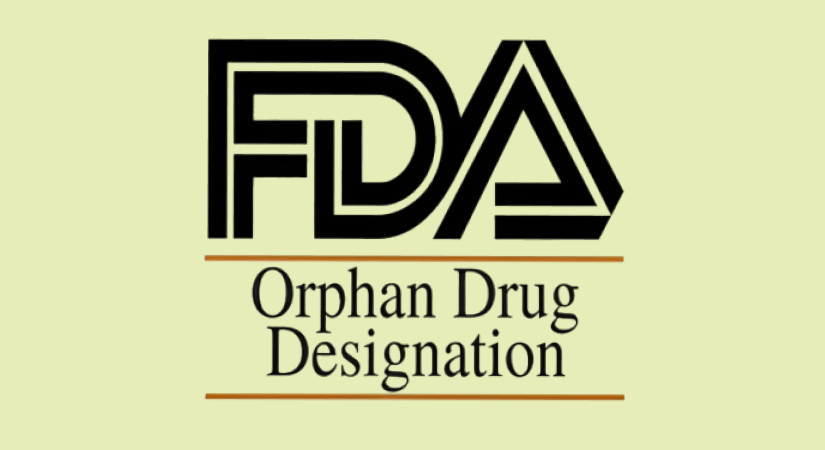Mustang Bio’s Glioma Therapy Gains FDA Orphan Drug Designation
Mustang Bio's MB-108 gains FDA Orphan Drug Designation, boosting potential glioma therapy exclusivity.
Breaking News
Nov 08, 2024
Simantini Singh Deo

Mustang Bio, Inc., a clinical-stage biopharma company focused on cell therapies for difficult-to-treat cancers, announced that the FDA had granted Orphan Drug Designation for its treatment MB-108, an oncolytic virus therapy based on herpes simplex virus type 1 (HSV-1), specifically for malignant glioma. Orphan Drug Designation is a special FDA status for treatments targeting rare diseases affecting fewer than 200,000 people in the U.S. It includes benefits like tax credits for clinical trial costs and waivers for specific fees. Treatments with this designation gain seven years of market exclusivity upon approval, apart from patent protections.
Manuel Litchman, M.D., President and Chief Executive Officer of Mustang, said in a statement, “The Orphan Drug Designation for MB-108 is significant for Mustang, as it could provide additional market exclusivity and we hope to advance MB-108, in combination with MB-101, as a potential treatment option for patients living with malignant glioma, including patients with recurrent glioblastoma (“GBM”) and high-grade astrocytomas, where there is historically a median overall survival of six months.”
He further commented, “Our novel therapeutic strategy, combining our MB-108 oncolytic virus with MB-101 CAR-T cell therapy, could be the first-ever industry-sponsored trial for treating malignant glioma. As such, Mustang plans to also request Orphan Drug Designation from the FDA for MB-101 (IL13Rα2‐targeted CAR-T cell therapy) in malignant gliomas. These advancements highlight our dedication to potentially improving patient outcomes battling difficult-to-treat cancers.”
Preclinical data presented in 2022 at the AACR Annual Meeting indicated that MB-108, combined with the company’s CAR-T therapy MB-101, may improve treatment outcomes for recurrent glioblastoma multiforme (GBM). MB-108 modifies the tumour environment, making it more responsive to CAR-T cell therapy or "hot". In the AACR data, two patients with “hot” tumors treated solely with MB-101 achieved complete remission for 7.5 and over 31 months, respectively. These were the only two complete responses among 53 Phase 1 patients treated at City of Hope, underscoring the potential of MB-101 in “hot” tumors.
Ongoing Phase 1 trials at the City of Hope and The University of Alabama at Birmingham continue to enrol patients for MB-101 and MB-108. For Mustang to continue advancing its MB-109 program for recurrent GBM and high-grade astrocytomas, additional funding or a strategic partnership will be necessary.
